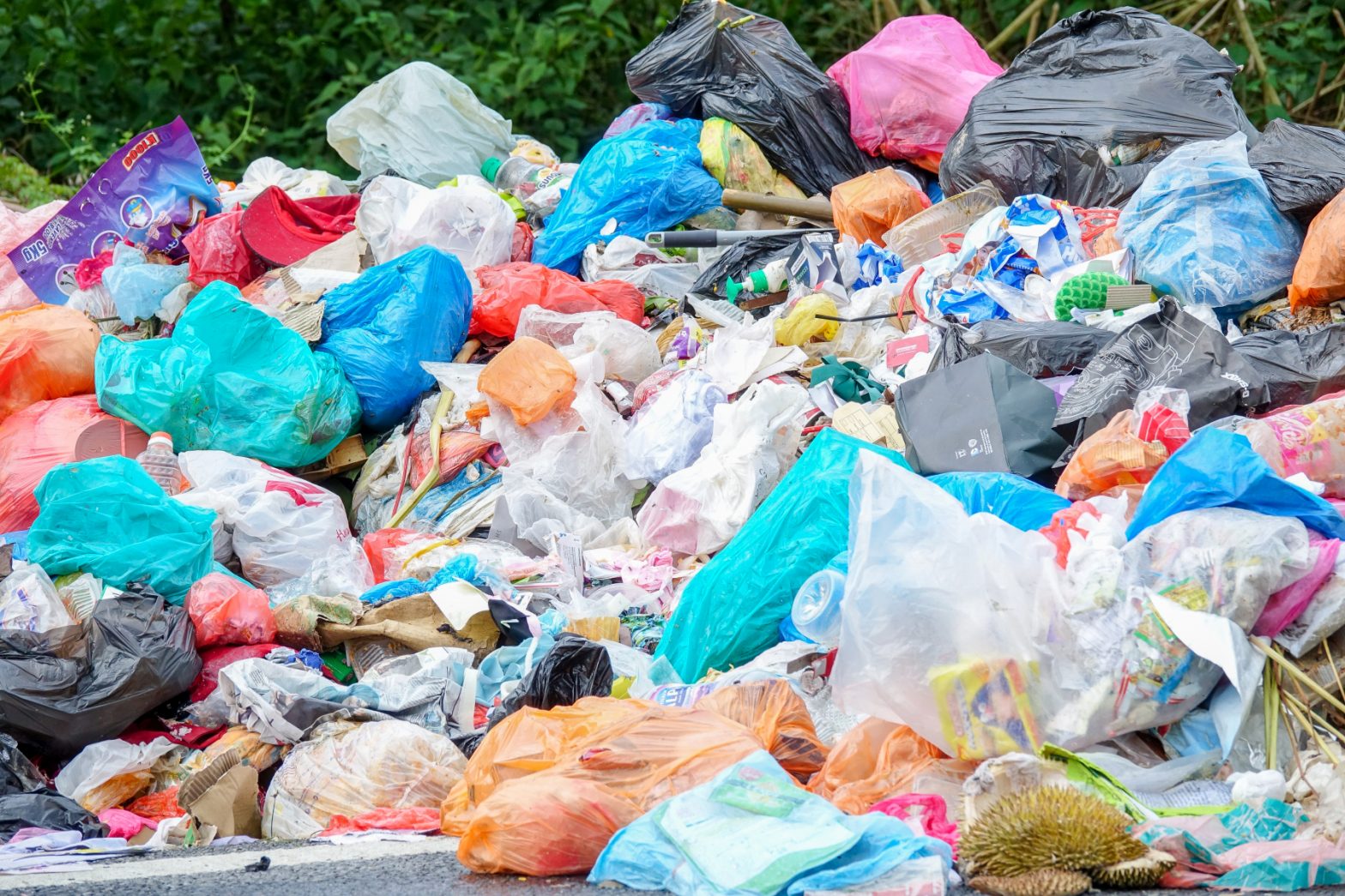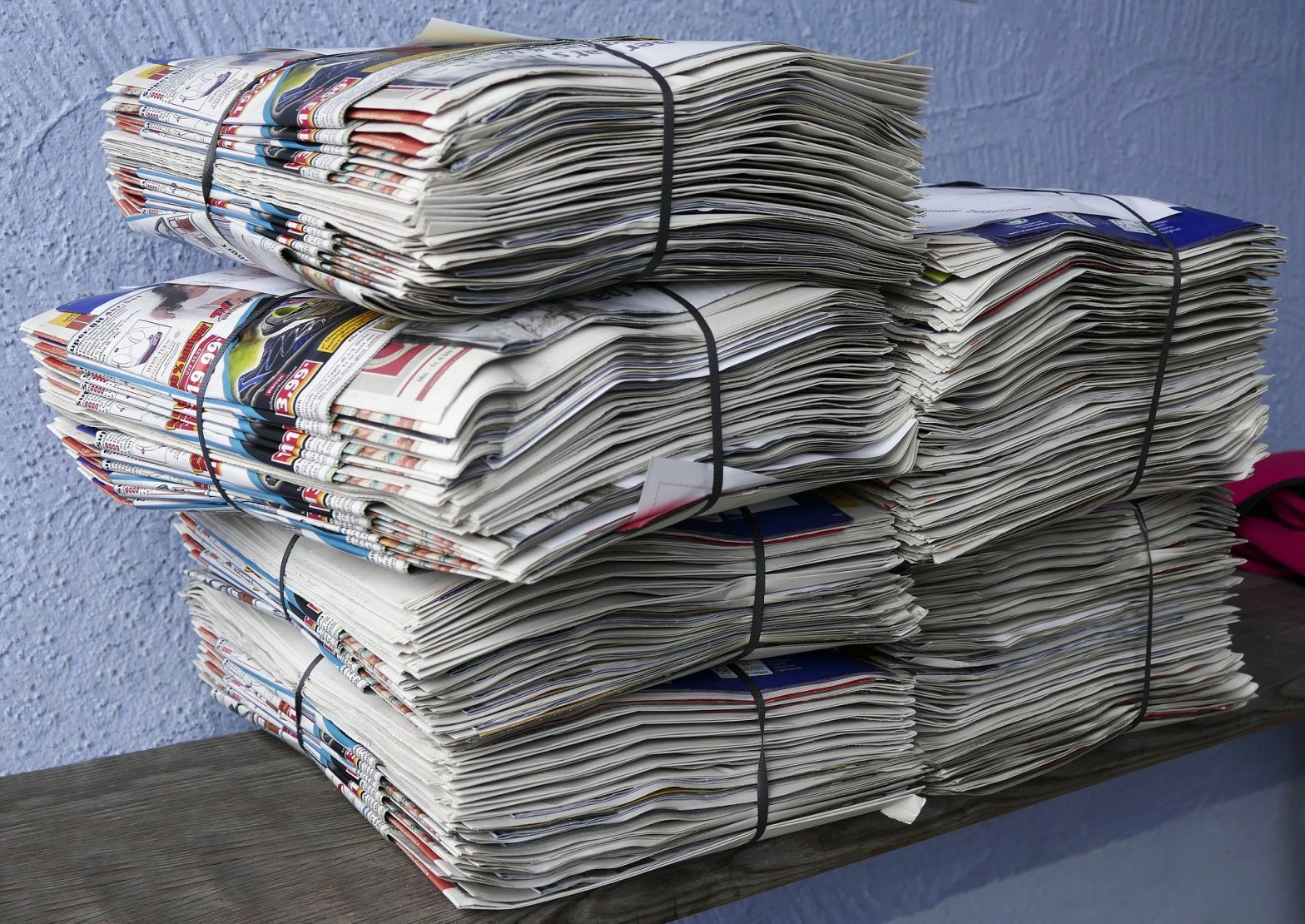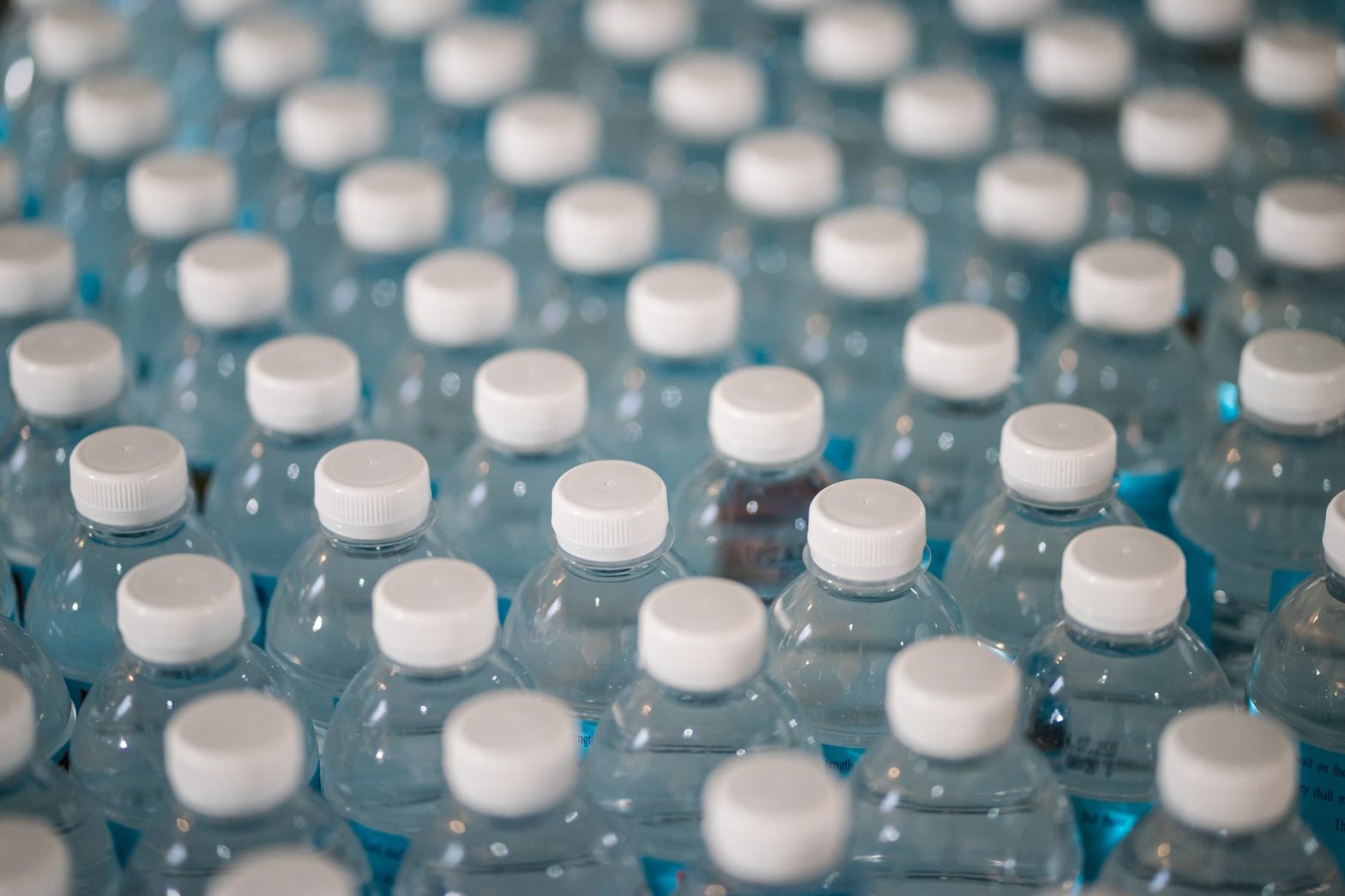
Does recycling have any benefits? While some critics have argued that recycling isn’t the right path, mother nature has indeed benefitted from this noble cause. In this article, we have shared five reasons why the proponents of recycling, for example, the Environmental Services Association (ESA) and the United States Environmental Protection Agency (EPA) champion recycling.
Environmental Conservation
You will agree with me that the world is no longer the same as it was two hundred years ago. Human activity has taken a toll on mother nature, and from the look of things, we are headed the wrong way. We are currently depleting natural resources, especially through manufacturing. But with recycling, the world can now cut down on the exploitation of natural resources.
A good example is the manufacture of plastics, which leaves the atmosphere polluted, and plastic waste filling our oceans. Studies suggest that in 2050, the number of plastics in the oceans will exceed that of fish. On the other hand, recycling steel cuts down energy consumption by up to 74% and reduces emissions. That is enough reason to recycle steel.
Economic Security
With trade wars and sanctions looming, recycling can help countries and regions in enhancing their economic security, especially when it comes to sourcing raw materials. With the right recycling policies, it’s possible t o cut the reliance on raw material imports.
o cut the reliance on raw material imports.
The UK government has led by example and today, the UK exports over half a million tons of plastic to other countries. This has been a strategic way of managing the plastic problem in the UK, and also, it’s a foreign exchange earner. Also, The Navigation Acts, as well as the recent Japan vs China trade war, attest to the importance of self-reliance when it comes to crucial raw material imports.
Job Creation
Today, the recycling industry is huge, as companies are finding a profit in recycling old stuff and turning it into finished products. In turn, this has contributed to the growth of jobs in different industries. Recycling has also proved to be a great self-employment idea for many, and there are some truly inspiring stories.
Veolia UK, FCC Environment, Suez Environment UK and Bigga Group are among the biggest recycling companies in the UK. We also have stories of entrepreneurs who have made a fortune from trash.
Summary
Indeed, recycling is a worthy cause that should be embraced by the entire human population. Let’s think of the damage we are causing with plastics, chemicals, emissions, and deforestation. Research shows that in the last 25 years, we have already depleted 10% of the remaining wilderness, and there will be none left for our future generation. Embracing recycling, at a personal, domestic and industrial level is something everyone should work towards.



 varies depending on what is being recycled. But the idea is to use as little resources as possible to come up with entirely new products. It’s imperative to note that in today’s world, a lot of products are manufactured from recycled waste, and these include newspapers, steel products, plastic, and so on.
varies depending on what is being recycled. But the idea is to use as little resources as possible to come up with entirely new products. It’s imperative to note that in today’s world, a lot of products are manufactured from recycled waste, and these include newspapers, steel products, plastic, and so on.
 long way in reducing the amount of waste we send to landfills and incinerators.
long way in reducing the amount of waste we send to landfills and incinerators.

 e is diverting 72% of the trash that would have otherwise gone to the landfills and incinerators. The authorities say that if all the organic waste is recycled, the state will achieve a 90% recycling rate.
e is diverting 72% of the trash that would have otherwise gone to the landfills and incinerators. The authorities say that if all the organic waste is recycled, the state will achieve a 90% recycling rate.
 polis website or at the host’s venues.
polis website or at the host’s venues.